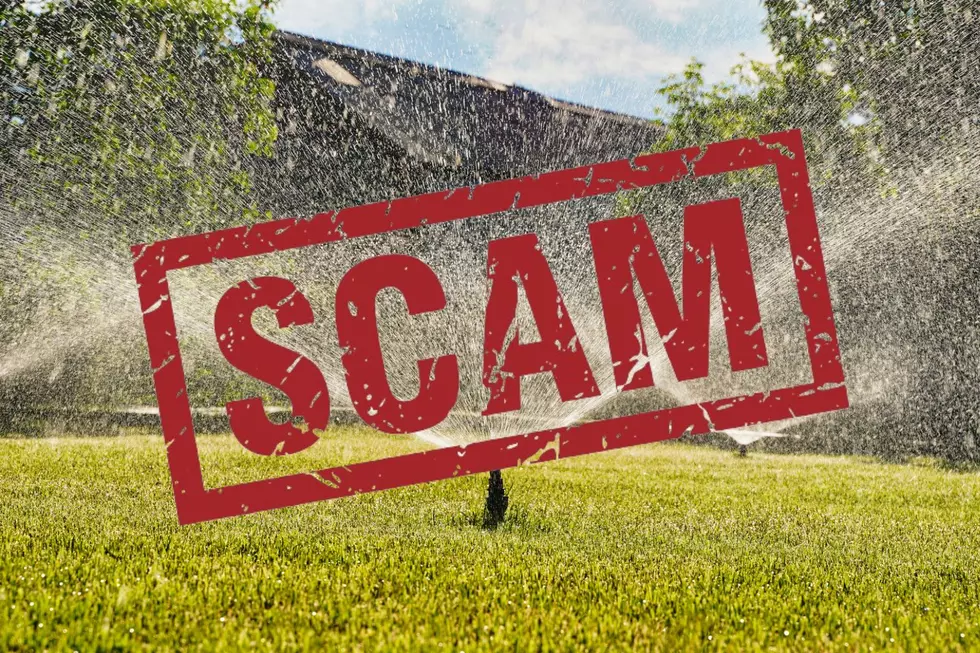
Iowans Need to Be Aware of These Lawn and Garden Scams This Spring
On average, each US household spends a little over $500/year on lawn and garden care. That includes mowing, mulching, watering, and other routine maintenance that goes into assuring that a lawn is healthy and attractive. But what happens when bad actors start permeating one of the biggest industries in the country?
New data revealed that with the spring weather on the horizon, the stage is set for lawn and garden scammers to return in hopes of swindling you out of your money in exchange for nothing other than the rotten feeling that you were taken for a ride.
What are Lawn Scams?:
Iowans should be weary of these potential scams like anyone else. According to the Better Business Bureau (BBB), homeowners have reported scammers showing up to their door in hopes of collecting money in advance for lawn maintenance only never to return.
Those individuals that do return often do a shoddy job at mowing or killing weeds, sometimes using harmful chemicals. Above all else, however, these people are working without the proper landscaping licensing and insurance necessary to do the work they are performing.
How to Avoid Lawn Scams:
While it's one thing to be aware of such scams, how can you take steps to avoid them? Thankfully, there are things you can do beyond just being aware of potential bad actors in the landscaping space:
- Always do research on any business you're considering hiring for any kind of work.
- Get all planned work outlined in writing. This includes guarantees if any grass or trees are planted, chemicals are sprayed, or anything on your lawn is repaired.
- Always get an invoice for the work you planned to have done.
- Look into licensing and shop around. Get multiple estimates.

Other Scams Afflicting Iowans:
Earlier this year, I wrote about how there are a bevy of scams afflicting Iowans. The most common remains imposter scams..
Imposter scams are when someone tricks you into sending them money while claiming to be someone they are not. This type of scam can be carried out across multiple platforms: phone, via email, or text. Often times, it's a cybercriminal posing as someone with authority, such as your bank or the IRS, claiming you owe money. This scam reportedly accounted for 19% of scams in the state of Iowa.
Read more about scams affecting Iowans here.
A "Barbiecore" Mansion in Hudson, WI is For Sale
Gallery Credit: Steve Pulaski


